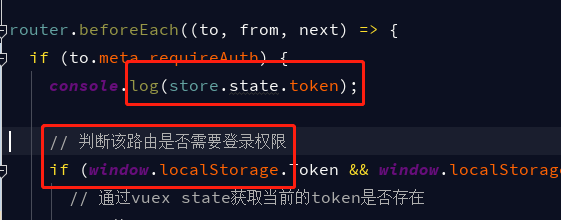可以将文章内容翻译成中文,广告屏蔽插件可能会导致该功能失效(如失效,请关闭广告屏蔽插件后再试):
问题:
I have a string that represents a number which uses commas to separate thousands. How can I convert this to a number in python?
>>> int(\"1,000,000\")
Generates a ValueError.
I could replace the commas with empty strings before I try to convert it, but that feels wrong somehow. Is there a better way?
回答1:
import locale
locale.setlocale( locale.LC_ALL, \'en_US.UTF-8\' )
locale.atoi(\'1,000,000\')
# 1000000
locale.atof(\'1,000,000.53\')
# 1000000.53
回答2:
There are several ways to parse numbers with thousands separators. And I doubt that the way described by ~ubuntu is the best in all cases. That\'s why I list other ways too.
The proper place to call setlocale() is in __main__ module. It\'s global setting and will affect the whole program and even C extensions (although note that LC_NUMERIC setting is not set at system level, but is emulated by Python). Read caveats in documentation and think twice before going this way. It\'s probably OK in single application, but never use it in libraries for wide audience. Probably you shoud avoid requesting locale with some particular charset encoding, since it might not be available on some systems.
Use one of third party libraries for internationalization. For example PyICU allows using any available locale wihtout affecting the whole process (and even parsing numbers with particular thousands separators without using locales):
NumberFormat.createInstance(Locale(\'en_US\')).parse(\"1,000,000\").getLong()
Write your own parsing function, if you don\'t what to install third party libraries to do it \"right way\". It can be as simple as int(data.replace(\',\', \'\')) when strict validation is not needed.
回答3:
Replace the commas with empty strings, and turn the resulting string into an int or a float.
>>> a = \'1,000,000\'
>>> int(a.replace(\',\' , \'\'))
1000000
>>> float(a.replace(\',\' , \'\'))
1000000.0
回答4:
This works:
(A dirty but quick way)
>>> a=\'-1,234,567,89.0123\'
>>> \"\".join(a.split(\",\"))
\'-123456789.0123\'
回答5:
I got locale error from accepted answer, but the following change works here in Finland (Windows XP):
import locale
locale.setlocale( locale.LC_ALL, \'english_USA\' )
print locale.atoi(\'1,000,000\')
# 1000000
print locale.atof(\'1,000,000.53\')
# 1000000.53
回答6:
I tried this. It goes a bit beyond the question:
You get an input. It will be converted to string first (if it is a list, for example from Beautiful soup);
then to int,
then to float.
It goes as far as it can get. In worst case, it returns everything unconverted as string.
def to_normal(soupCell):
\'\'\' converts a html cell from beautiful soup to text, then to int, then to float: as far as it gets.
US thousands separators are taken into account.
needs import locale\'\'\'
locale.setlocale( locale.LC_ALL, \'english_USA\' )
output = unicode(soupCell.findAll(text=True)[0].string)
try:
return locale.atoi(output)
except ValueError:
try: return locale.atof(output)
except ValueError:
return output
回答7:
#python3 tenzin
def changenum(data):
foo = \"\"
for i in list(data):
if i == \",\":
continue
else:
foo += i
return float(int(foo))
回答8:
>>> import locale
>>> locale.setlocale(locale.LC_ALL, \"\")
\'en_US.UTF-8\'
>>> print locale.atoi(\'1,000,000\')
1000000
>>> print locale.atof(\'1,000,000.53\')
1000000.53
this is done on Linux in US.
-Suresh


